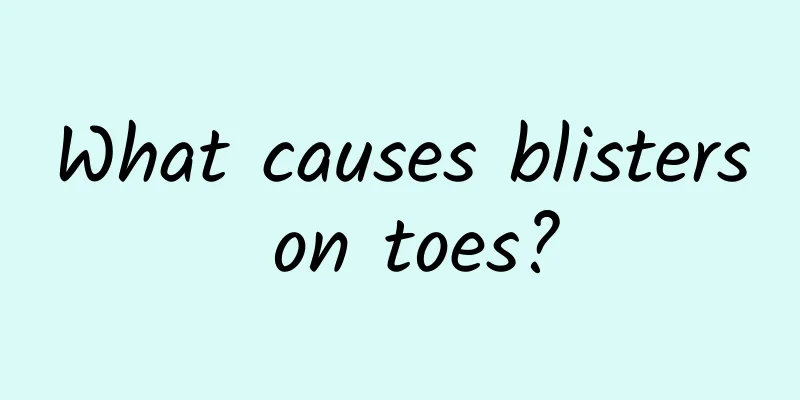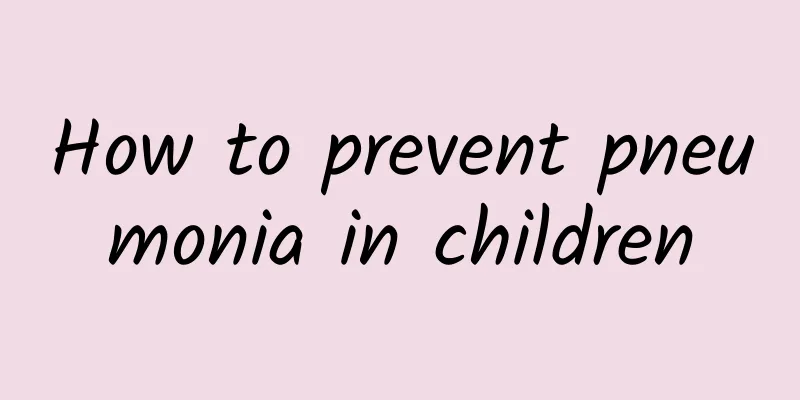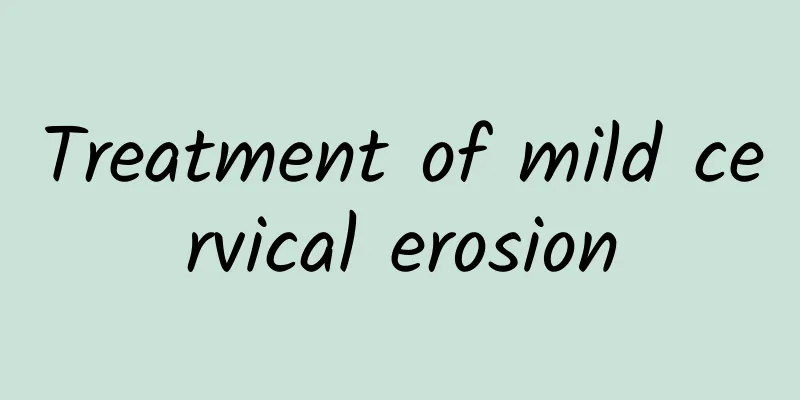What causes blisters on toes?

|
In daily life, small blisters may appear on our toes for no reason. Some people choose to ignore it and let it die out on its own, while others will just apply some ointment and be done with it. A very small number of people will choose to go to the hospital to check if there is any problem. It is precisely this small number of people who choose the right way, while those who ignore it or just apply ointment and call it a day are not taking care of their bodies. What exactly are the small blisters on the toes? In fact, small blisters on the toes may be athlete's foot. Athlete's foot is a common skin disease on the feet, especially in the cold winter when everyone wears very warm shoes and boots. Athlete's foot is more likely to occur. Patients suffering from tinea pedis have to endure the itching caused by the disease, which is very painful. Experts tell us that tinea pedis is caused by improper daily hygiene. Of course, the prevention of tinea pedis should also start from daily life! Tinea pedis is a superficial fungal infection that occurs on the palms, soles, fingers and toes. The main pathogens are Trichophyton rubrum, Trichophyton mentagrophytes and Epidermophyton floccosum. At the same time, tinea pedis is also a type of athlete's foot. Athlete's foot is divided into three types: erosive, blister, and keratotic. 1. Erosive type: often occurs between the third and fourth, and between the fourth and fifth toes. Initially, the spaces between the toes are damp, whitish or small blisters appear. After drying and scaling, the dandruff reveals a moist, flushed eroded surface that is extremely itchy and prone to secondary infection. 2. Blister type: often occurs on the edge of the foot. Initially, they appear as small blisters with thick and full walls. Some of them may merge into large blisters. The blister fluid is transparent and there is no redness around them. The patient feels extremely itchy, and scratching often leads to secondary infection, such as erysipelas and lymphangitis. 3. Keratinic type: often occurs on the heels. The main symptoms are rough, thick and dry skin, keratinization and desquamation, itching, and easy cracking. This type of disease has no blisters or suppuration, and the course of the disease is slow and does not heal for many years. 2. Treatment methods: (1) Erosive type: first soak in 1:5000 potassium permanganate solution or 0.1% refollicular solution, then apply gentian violet or athlete's foot powder externally, twice a day, and after it dries, apply athlete's foot ointment or tinea versicolor ointment externally, twice a day. (2) Blister type: Soak your feet in hot water and apply clotrimazole anti-tinea lotion or compound salicylic acid tincture once a day. After the skin is dry, apply athlete's foot cream or tinea pedis ointment. (3) Keratotic type: Apply compound benzoic acid cream or apply it alternately with compound salicylic acid alcohol, once in the morning and once in the evening. It is best to wrap the area with plastic film after applying the medicine so that the medicine can penetrate into the thick skin and facilitate peeling off the thick skin. (4) In recent years, foot powder has been used clinically to treat various types of athlete's foot, with significant efficacy. Soaking feet once a night will be effective after three times. See instructions for specific usage. 3. Misconceptions about treating athlete's foot: Misconception 1: Refusing drug treatment: After the skin is stimulated by these stimuli, the itching becomes more severe, forming a vicious cycle of scratching, the more itchy it becomes, and the more itchy the more you scratch, the more you scratch, until the itching can be stopped by scratching. In this way, the bacteria and dirt on the hands and nails will naturally fall into the affected area, easily causing secondary bacterial infection. So if you get small blisters on your toes, it is best to see a doctor as much as possible, so that you can heal faster. If you want to make some money, I advise you to take the right medicine for the disease. Never treat it casually or ignore it, as this will only let it coexist with you for a long time. |
Recommend
The benefits of scraping, these four points are worth choosing
Traditional Chinese medicine scraping is a health...
What are the dangers of long-term insomnia?
Insomnia is very common in clinical practice. It ...
What are the effects and functions of Aconite
Aconite sounds like a kind of weed. In fact, acon...
What to do if your neck is twisted
In normal times, one may twist his neck accidenta...
What is the difference between anal polyps and hemorrhoids?
The symptoms of anal polyps and hemorrhoids are q...
A little thing killed an entire family! Do you have one at home?
Everyone must pay attention, a broken thermometer...
How to remove chicken skin on calves
Chicken skin is quite common in our daily life an...
What does epistaxis mean?
Epistaxis is an external bleeding problem caused ...
Causes of death in children with Down syndrome
I believe that many people who are not mothers ha...
Female friends should know these points to predict gynecological problems as early as possible
Sometimes, our private parts will emit a strong o...
What is flat warts? HPV infection
The incidence of flat warts is particularly high ...
Can egg white remove scars?
Egg white has a certain effect in removing acne m...
There is a small meat ball in the lip
A small lump growing in the lip may be caused by ...
What causes kidney pain?
Many times, men are more focused on work and may ...
The role of pepper wood
As we all know, Sichuan pepper is an essential se...









